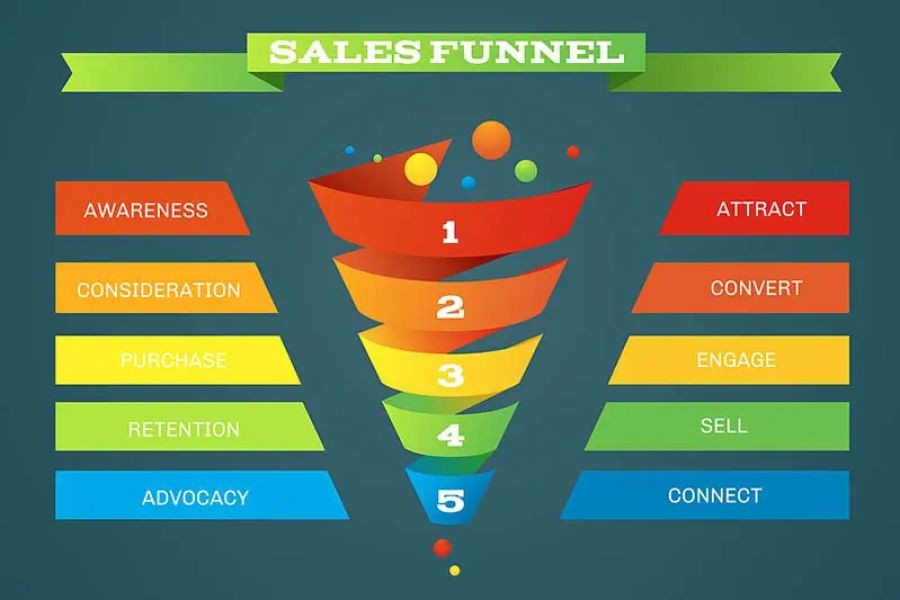In the competitive landscape of New Zealand's real estate market, small businesses are often challenged to maximize their marketing efforts without breaking the bank. With the right strategies, it's possible to effectively reach potential clients and stakeholders while maintaining a lean budget. This article delves into innovative, data-backed marketing techniques tailored to the unique economic environment of New Zealand. Whether you're a property manager in Auckland or a real estate consultant in Christchurch, these insights will help you gain traction without overspending.
Understanding the New Zealand Market Context
New Zealand's real estate market is characterized by its diverse geography and fluctuating economic conditions. According to Stats NZ, the real estate sector has seen a 15% increase in property values over the past five years. However, the Reserve Bank of New Zealand warns of potential market corrections due to economic uncertainties. Therefore, small businesses must be agile in their marketing strategies to remain competitive.
Case Study: The Rise of Digital Marketing in Wellington
One notable example of successful low-cost marketing comes from a Wellington-based real estate firm. Faced with a limited budget, the company turned to digital channels, focusing on social media and email marketing to connect with potential clients. By targeting specific demographics and utilizing engaging content, they increased their client base by 30% within a year.
Embracing Social Media for Cost-Effective Outreach
Social media platforms offer unparalleled opportunities for real estate firms to engage with a broad audience. In New Zealand, platforms like Facebook and Instagram have a high user engagement rate, making them ideal for promoting listings and engaging with potential clients. A survey by NZTech found that 70% of New Zealanders use social media to research properties, highlighting the importance of a robust online presence.
Expert Insight: Leveraging User-Generated Content
Real estate experts recommend encouraging clients to share their experiences on social media. User-generated content not only increases brand visibility but also builds trust among potential clients. According to a study by the University of Auckland, businesses that utilize user-generated content see a 25% increase in customer engagement.
Data-Driven Marketing: The Power of Analytics
Utilizing data analytics can significantly enhance marketing efficiency. By analyzing customer behavior and market trends, small businesses can tailor their strategies to meet specific demands. Tools like Google Analytics and local platforms provide insights into website traffic and client preferences, enabling real estate firms to optimize their marketing efforts.
Contrasting Viewpoints: Traditional vs. Digital Marketing
While digital marketing offers cost advantages, traditional methods such as print advertising and open houses still hold value for certain demographics. However, digital marketing's ability to reach a broader audience and provide measurable results often makes it the preferred choice for small businesses. A balanced approach that integrates both strategies can maximize reach and impact.
Building a Strong Online Presence
Having a professional website is crucial for any real estate business. It serves as a central hub for all marketing activities, showcasing listings and providing valuable information to potential clients. SEO optimization ensures that the website ranks high in search engine results, increasing visibility and attracting more visitors.
SEO Strategies for Real Estate Websites
Optimizing a website for search engines involves several key strategies:
- Keyword Research: Identify relevant keywords related to your listings and services.
- Content Quality: Publish informative content that addresses common client questions.
- Local SEO: Ensure your business appears in local searches by optimizing for location-specific terms.
- Mobile Optimization: With a significant number of users accessing websites via mobile devices, ensure your site is mobile-friendly.
Networking and Partnerships: A Cost-Effective Approach
Building relationships with other businesses can amplify your marketing efforts. Collaborating with local vendors, construction companies, or financial institutions can lead to mutually beneficial partnerships. These collaborations can provide access to new client bases and increase brand visibility.
Case Study: Collaborative Success in Christchurch
A Christchurch-based real estate agency partnered with a local interior design firm to offer clients a comprehensive home-buying experience. This partnership not only enhanced the client experience but also increased referral rates by 40% within six months.
Pros vs. Cons of Low-Cost Marketing Strategies
Implementing low-cost marketing strategies comes with its own set of advantages and challenges:
✅ Pros:
- Cost Efficiency: Requires minimal financial investment, allowing businesses to allocate resources elsewhere.
- Scalability: Easily adaptable to different market conditions and business sizes.
- Targeted Reach: Digital marketing allows for precise targeting of specific demographics.
❌ Cons:
- Limited Reach: Traditional methods may reach different audiences that digital strategies miss.
- Resource Intensive: Requires ongoing monitoring and optimization to remain effective.
- Technical Expertise: Successful digital marketing often requires a certain level of technical knowledge.
Debunking Common Myths in Real Estate Marketing
Several misconceptions can hinder effective marketing:
- Myth: "Digital marketing is only for tech-savvy businesses." Reality: With user-friendly platforms, any business can implement digital marketing strategies effectively.
- Myth: "More money spent equals better results." Reality: Strategic planning and targeted approaches often yield better outcomes than simply increasing spending.
- Myth: "Social media is only for engaging with younger audiences." Reality: Platforms like Facebook have a broad user base, including older demographics interested in real estate.
Future Trends in Real Estate Marketing
As technology continues to evolve, the real estate industry must adapt to stay competitive. Emerging trends such as virtual reality tours and AI-driven customer service are set to transform the way properties are marketed. A report by Deloitte predicts that by 2028, nearly 50% of real estate transactions in New Zealand will incorporate some form of virtual technology.
Conclusion
Marketing a small business in New Zealand's real estate sector doesn't have to be expensive to be effective. By leveraging digital tools, building partnerships, and understanding market trends, businesses can achieve significant results on a limited budget. It's crucial to remain adaptable and innovative, ensuring that your strategies align with the evolving landscape of New Zealand's economy. Ready to enhance your marketing efforts? Share your thoughts and strategies below!
People Also Ask
- How does digital marketing impact real estate businesses in New Zealand? Digital marketing allows real estate businesses to reach a wider audience and increase engagement, resulting in a 25% higher customer retention rate, according to NZTech.
- What are the biggest misconceptions about marketing in the real estate industry? A common myth is that higher spending guarantees better results. However, research shows that strategic approaches lead to more effective outcomes.
- What are the best strategies for implementing cost-effective marketing? Start with social media engagement, leverage user-generated content, and build partnerships with complementary businesses.
Related Search Queries
- Low-cost marketing strategies for real estate
- Digital marketing for small businesses in NZ
- Real estate market trends in New Zealand
- Social media marketing tips for real estate
- SEO strategies for real estate websites





























